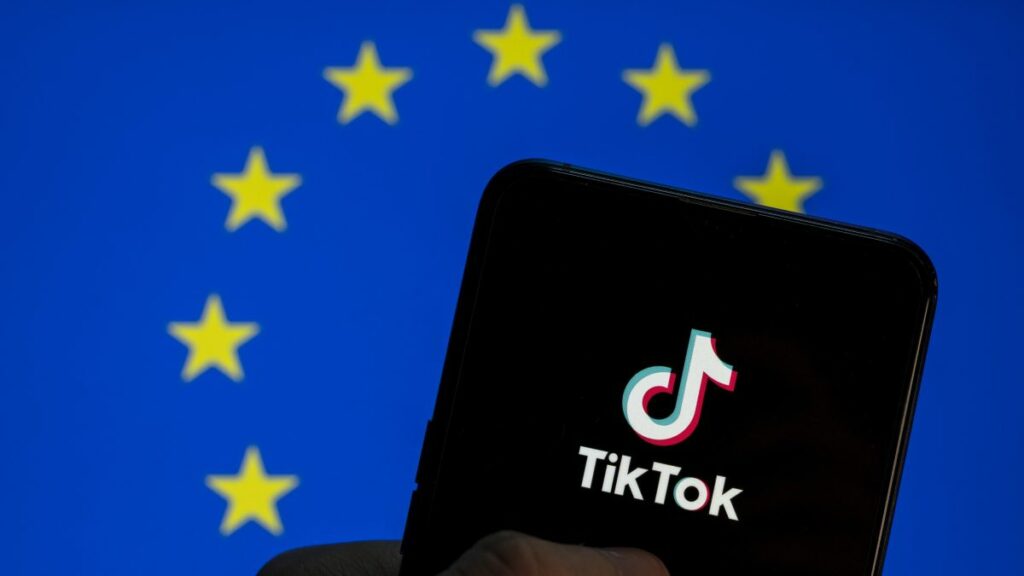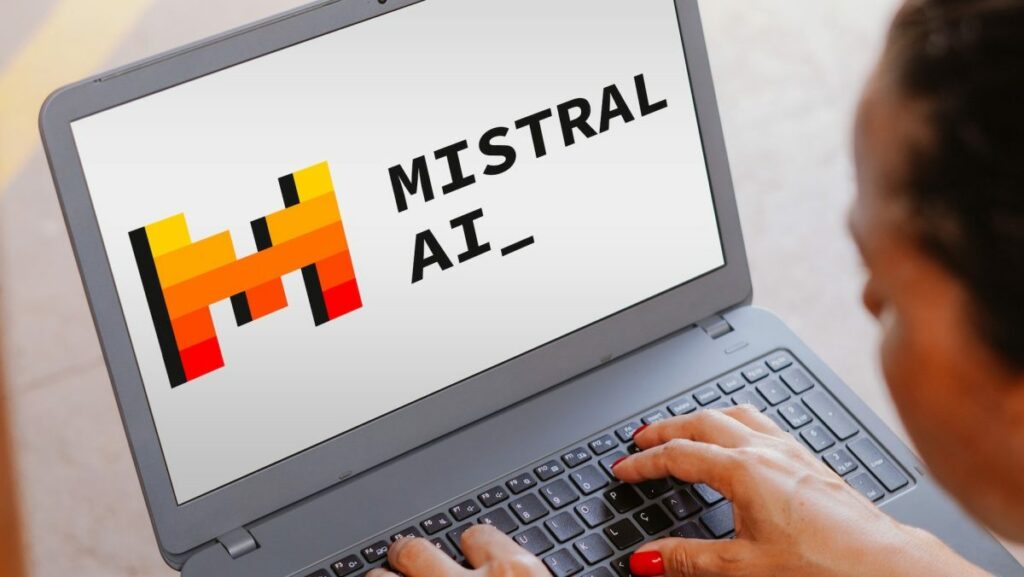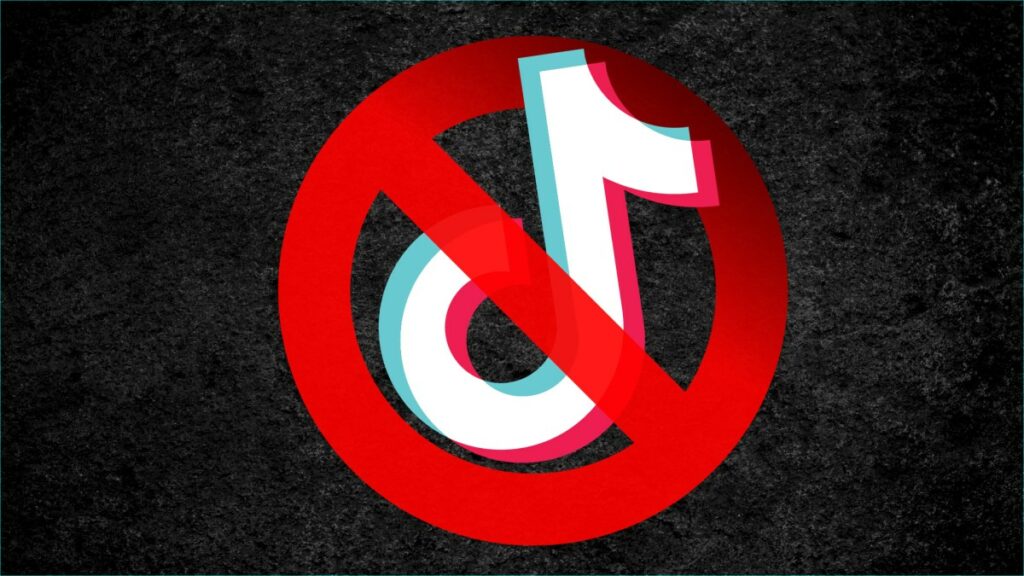The European Commission has responded to widespread concerns swirling around the impact of TikTok on elections in Romania by announcing it’s stepping up monitoring of the platform’s compliance with the bloc’s online governance framework, the Digital Services Act (DSA).
This follows the shock emergence of Călin Georgescu, an independent, far-right, pro-Russian nationalist, as the lead candidate in a first round vote in Romania’s presidential election last month.
TikTok has been a focal point for Georgescu’s unconventional political campaigning — which saw him surge from polling around 1% in early November to almost 23% to lead the first round vote on November 24. However Romanian authorities and outside experts blame the surge on an online propaganda campaign involving paid TikTok influencers that they suggest breaks local election laws.
Following the declassification of official documents from multiple government agencies in recent days, the social media platform has been accused of failing to prevent fake accounts from being used to artificially boost and algorithmically amplify Georgescu’s content, as the Washington Post reports.
In the European Union, TikTok is designated a very large online platform (VLOP) under the DSA which means it’s expected to mitigate systemic risks such as threats to democratic processes. This is why the European Commission is taking an interest in the Romanian election controversy.
Failure to comply with the DSA could lead to penalties of as high as 6% of TikTok’s global annual turnover.
The Commission already has an open investigation of its DSA compliance, which began back in February. That probe includes risk management concerns — although the focus at the time was around addictive design risks in the context of child safety. Now the bloc’s scrutiny of TikTok looks to be expanding to take in democratic risks, too.
Retention order
“In the context of the ongoing Romanian elections, the Commission has stepped up its monitoring of TikTok under the Digital Services Act (DSA),” the EU wrote in a press release Thursday.
The EU’s DSA enforcers have issued TikTok with a “retention order” ordering it to “freeze and preserve data related to actual or foreseeable systemic risks its service could pose on electoral processes and civic discourse in the EU”.
“This is done to preserve available information and evidence in the event of a further Commission investigation of TikTok’s compliance with its obligations under the DSA,” the EU writes, suggesting it may open a fresh investigation of the platform related to election security.
The retention order concerns national elections in the EU covering the period November 24 until March 31 2025 — so the scrutiny is not only retrospective.
This component of the order, in particular, looks intended to push TikTok to do a much better job at preventing abuse of its platform for the second round Romanian vote, which will take place on December 8.
On Tuesday, lawmakers in the European Parliament grilled the platform’s global head of product, authenticity and transparency, Brie Pegum, and its top EU lobbyist Caroline Greer, regarding its role in the Romanian election.
The pair told MEPs the platform had taken down several influence networks which had tried to meddle in the election, per the AP, however some of the groups were not removed from TikTok until after the vote had taken place.
For several years, TikTok has sought to distance itself from political content (and controversy) — such as via bans on political advertising and restrictions on fundraising. However user-uploaded content that’s political in nature continues to pepper the platform, and people seeking elected office can (and do) leverage its tools to raise their profile with voters.
But this also means bad actors can try to leverage the same powerful TikTok algorithmic amplification effect to unfairly influence election outcomes — which puts the focus on how well, or otherwise, TikTok is enforcing its own rules. Such as its ban on coordinated inauthentic behavior. Or rules requiring users are transparent about the source of content.
The Commission action today represents a clear shot across TikTok’s bows — one that’s basically telling it to pull its finger out.
However the EU has arguably been slow to act, with the second round Romanian vote looming in just a few days. Don’t forget: A much stated raison d’être for the DSA’s existence is the notion that the law would finally force platforms to uphold their own T&Cs. But, well, where’s the evidence of that?
TikTok algorithm
The EU’s order to TikTok asks it to retain information pertaining to its recommender systems (aka the TikTok algorithm).
“TikTok must preserve internal documents and information regarding the design and functioning of its recommender systems, as well as the way it addresses the risk of intentional manipulation through coordinated inauthentic use of the service,” the EU wrote.
The retention order also covers “any systematic infringement of TikTok’s terms of service prohibiting the use of monetisation features for the promotion of political content on the service” — suggesting DSA enforcers are following up on concerns about Romanian influencers being paid to peddle political propaganda.
Commenting on the action in a statement, Henna Virkkunen, the new-in-post Commission EVP for tech sovereignty, security and democracy, said: “This preservation order is a key step in helping investigators establish the facts and adds to our formal requests for information which seek information following the declassification of secret documents yesterday.”
She went on to say that the EU is “intensifying contacts with digital and cyber regulators across Europe in light of emerging evidence of systematic inauthentic activity,” adding: “I am committed to diligent and robust enforcement of the Digital Services Act”.
Reached for a response to the Commission order, TikTok spokesperson Elliott Burton emailed us a statement in which the company wrote: “We have already been cooperating with the Commission and will continue to do so. We look forward to establishing the facts in light of some of the speculation and inaccurate reports we have seen.”


